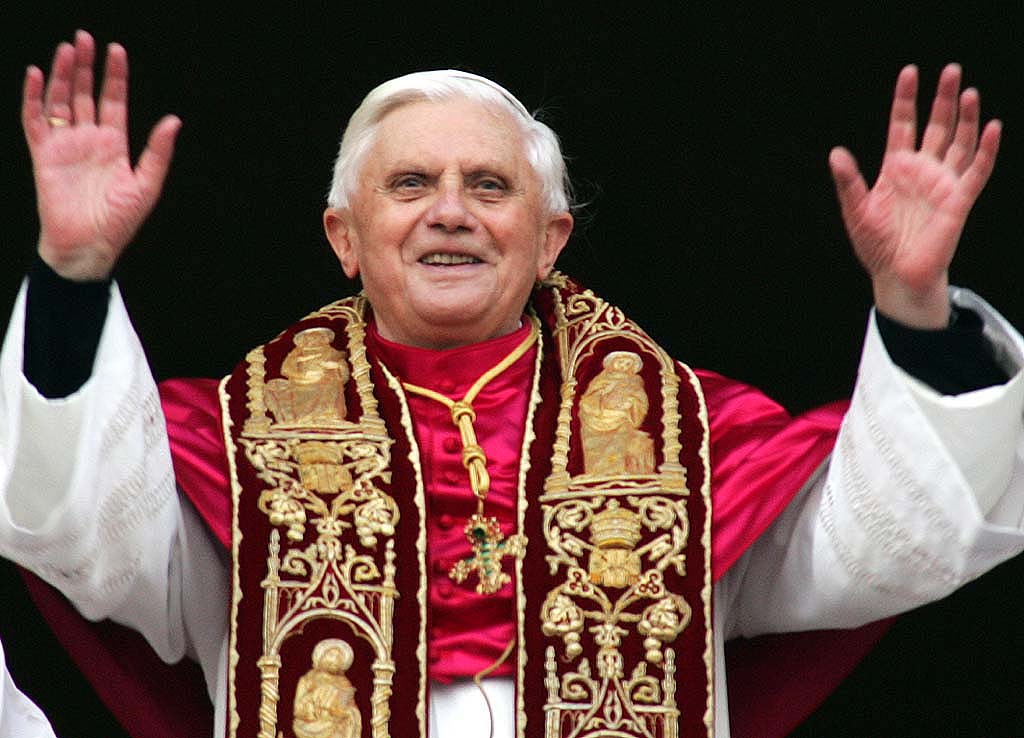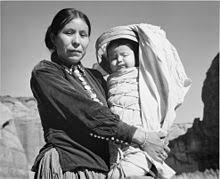
My morality differs from the religious. I make moral choices after a careful analysis of the harm and good that will come from my actions, not because it is an absolute crime. Moral decisions should be based on what will benefit humanity the most, not whether or not it will piss off a temperamental Bronze Age deity.

I read a book a couple of years ago called
In Praise of Doubt. In it, the authors argued that in our western world there are two competing forces for moral decisions. The first is religious fundamentalism. Religious fundamentalists see moral decisions as absolute. There can be no compromise because there is no doubt. Their morality comes straight from God, and I guess God is infallible.

The other is called pluralism. The authors incorrectly associated pluralism with science. Many people in science do share this spineless position on morality however. And many anthropologists are the worst of all offenders. They are trained to rarely make moral decisions, and try to understand different social groups on their terms. They would never be able to say, “I think it is fucked up that many Arab women are forced to be illiterate, and made to feel ashamed of their body.” There is no certainty behind any moral decisions. Pluralist morality has too much doubt.

The authors argued that moral decisions should be in between fundamentalism and pluralism, between not enough doubt and too much. For a long time I thought this was an important concept. I left religion because of the harm I saw in dogma morality and its resilience to change moral policies. And too much doubt also seemed harmful to me because there are object harms and crimes that are part of culture but also cause great human suffering. Moderation between two conflicting forces is a fallacy. In between does not equal truth. So much of my mental energy was wasted at this time trying to settle moral decisions in a precarious balance act.
I have completely left this spectrum. It no longer works for me. I no longer understand what it means to be in between confidence and a refusal to make a position. I do not know why moderation between extremes is a good platform. If an extreme position works it should not be dulled through moderation.

I propose a new moral system; an improvement on the moral balancing act suggested by
In Praise of Doubt. But instead of a doubt spectrum, I want a point. An area without human suffering and misery. At the highest point of human good and happiness. Where every individual’s brain feels the greatest possible joy, pleasure, and contentment. A point extremely contrasted from the worst possible anguish humans can experience.

Unfortunately however, this point does not exist and we cannot be exactly sure what it looks like. But we can make objective comparisons of existing structures to bring us closer to our hypothetical paradise. It is not difficult to see that genital mutilation does not lead to greater happiness. Or that the forcing others to be illiterate will not lead to a productive, satisfied society. These are objective moral comparisons looking for human good and not ethnocentrism. These comparisons should be done through the scientific method to eliminate human bias.

I think the Navajo way of passing on family names is pretty excellent. The western way of patrilineal name inheritance has developed harmful sexual norms. European men were required to enforce strict and limited sexual behavior, because they had to be confident that when they passed their name onto a son there was no mistake of the child’s paternity. The harmful puritan sexual paranoia and the remnants that continue today could have been avoided if we had used the morally superior Navajo way. It is pretty obvious who a child’s mother is. Cultural sexual norms would have been less oppressive to our humanity. It is not difficult to objectively critique ourselves. Searching across the world; taking the morally superior and rejecting the destructive.

There is more than one path toward the point of moral perfection. Our cultures can be different and remain on an equal moral ground. Our wide human diversity can all fit inside the point. I want to separate equal cultural norms with dysfunctional moral mores. But we should not excuse obvious tangents and blatant directional errors toward the moral point. This is not ethnocentrism. I will not refrain from attacking cultures that violate human rights in order to avoid offense. I will call out harmful moral structures for what they are; irrational, dogmatic, and not based off of a desire for maximum good. We cannot have world peace until everyone adopts a logical, rational, universal morality.
 My morality differs from the religious. I make moral choices after a careful analysis of the harm and good that will come from my actions, not because it is an absolute crime. Moral decisions should be based on what will benefit humanity the most, not whether or not it will piss off a temperamental Bronze Age deity.
My morality differs from the religious. I make moral choices after a careful analysis of the harm and good that will come from my actions, not because it is an absolute crime. Moral decisions should be based on what will benefit humanity the most, not whether or not it will piss off a temperamental Bronze Age deity.